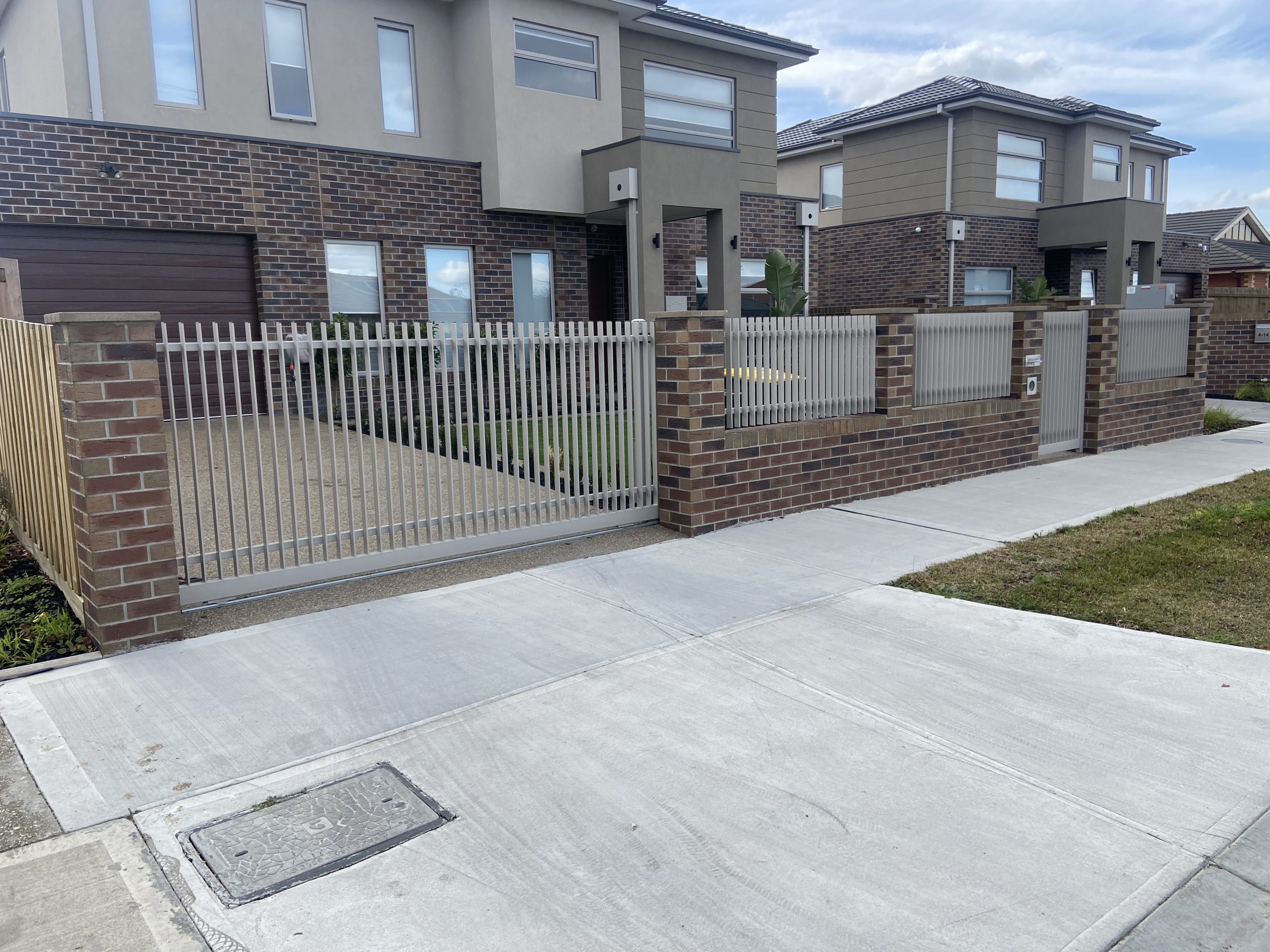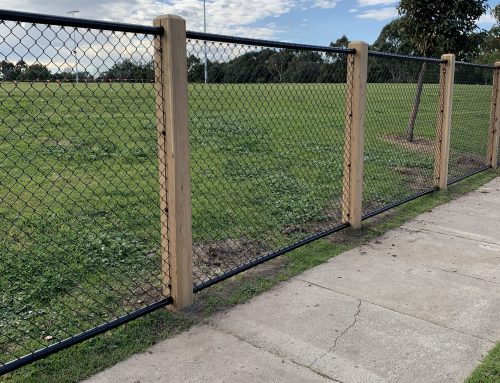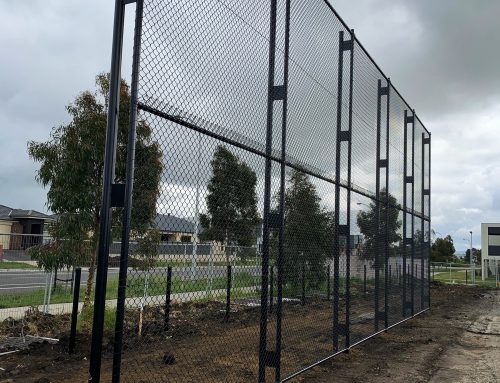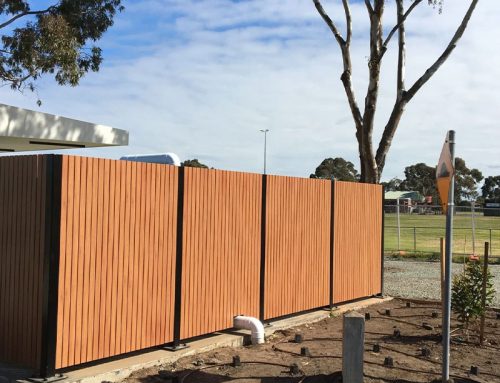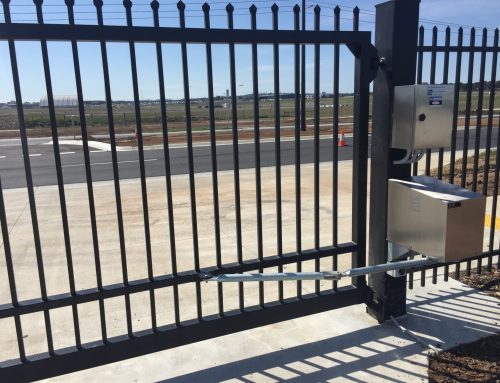Quite often, we act on emotions without having all the facts. The same can happen between two friendly neighbours sharing a metal fence. Property disputes between neighbours are often caused by boundary fences. Either current ones that need fixing or replacing overall.
What if your neighbour feels there is a need to repair the fence, but you feel there are still some years left in that fence? What if your neighbour wants to install a new metal fence instead? On top of it all, asking you to pay half of the price? Yet, you are sure there is no need for a new fence as an old one is serving the purpose? Or what if you are the neighbour who is initiating the fence installation? However, your neighbour is stubborn and refuses to pay a single cent towards the works? What to do? How to avoid turning it into a property dispute?
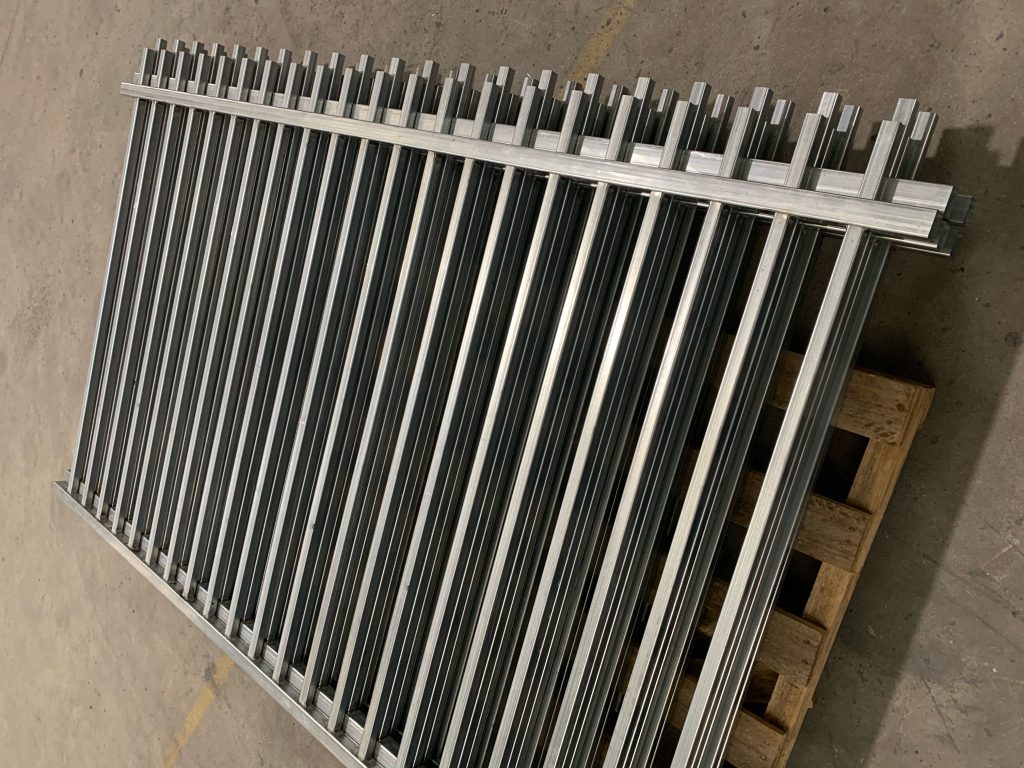
Why do we need fencing laws?
Fencing laws are needed to avoid fencing disputes as these laws contain rules about who is responsible for paying for the dividing fence. Also, what type of fence can be built, the notices needed to be sent to your neighbour, and so forth. We will look into them below.
Fencing laws in Victoria, including for metal fencing
In Victoria, the standards for boundary fences are dealt with in the Victorian Fences Amendment Act 2014.
The Fence Act states that a dividing fence is a fence that has been built to separate two pieces of adjoining land. It does not have to be located on the common boundary between these two lands. It will depend on what has been agreed between the neighbours. Note that a retaining wall or any wall that is part of a house, garage or other building is not considered a dividing fence.
What to do if you are the one who is initiating the fencing repairs?
- Talk to your neighbour. You may be surprised how cooperative they may be, and the problem can be solved easily.
- If your neighbour has agreed on the fencing repairs or installation, you should find a fencing style that suits you both, and the fencing contractors who will install your fence (a metal fence, for example).
- If both neighbours have not agreed on fixing or installing a new metal fence, you should not proceed with the fencing works.
- Before you start any fencing work, you should send your neighbour a fencing notice with all the information about the proposed job.
A fencing notice is a formal document that sets out:
-
- what work should be done
- on which line the work should be carried out
- who will undertake the fencing works
- what is the estimated cost of the fencing project
- what proportion should the neighbour (and you) pay
Fencing notice can be sent by post or handed to the neighbour personally. Note that if you did not use the fencing notice, but reached a verbal agreement, then this will be subject to contract law, not the Fence Act.
What to do if your fencing notice has been ignored? After 30 days, if you have not heard anything back from your neighbour, you may proceed with the fencing project. Later, you can recover the cost paid by the neighbour by bringing it to action in the Magistrates’ Court of Victoria.
Under the pre-amendment Fences Act, the fencing notice was only required to be sent if you were seeking the neighbour to pay a financial contribution towards the fencing project. If you were not seeking it, you could go ahead with the work without notifying your neighbour. However, the Fences Amendment Act requires an owner to give notice before the work, unless everything has been agreed upon outside of the Fences Act.

Who has to pay for the metal fencing?
The Fence Amendment Act states that the liability, in most instances, will fall on the owner of the land, as it is seen that dividing the fence is an improvement to the land and benefits the owner.
Note that long-term tenants of the land are now liable to contribute to the fencing works. However, for that to happen, they must be given notice and allowed to participate in negotiations about the boundary fencing.
Most residential tenants and retail tenants are exempted from the operation of the Fences Amendment Act. Meaning, they cannot be made liable to contribute.
Tenancy provisions in the Fences Amendment Act largely apply to commercial leases.
If you are owners of adjoining land, you should contribute an equal share to repair or install a new dividing fence. If one of the neighbours wants a more expensive or higher fence compared to a ‘sufficient’ fence, then the neighbour with those requirements will have to pay the difference to get a higher standard fencing (metal fencing).
Interested in the metal fencing in Melbourne?
Contact us today. Send us an email at info@diamondfence.com.au OR give us a call on (03) 9753 4566.
The easiest option, however, would be to use the online enquiry form that allows you to send through any questions.

